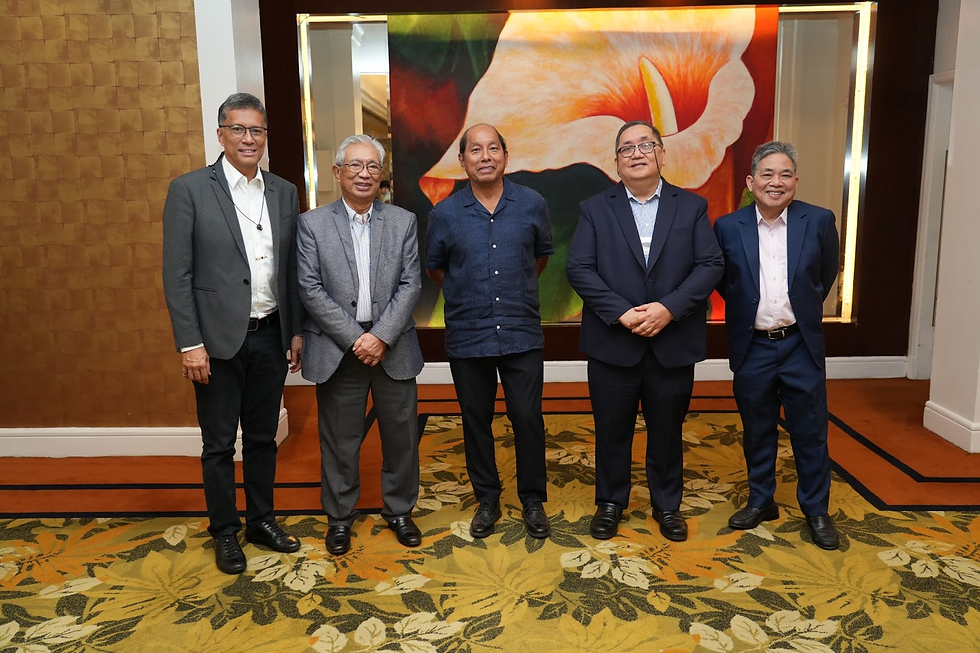A LUNCHEON WITH HUMAN RIGHTS GROUPS AND BUSINESS
- Action for Economic Reforms
- Jul 3, 2008
- 1 min read
{mosimage}
As many essential services are privatized (e.g. water and electricity), questions arise as to the accountability of these businesses to the public at large. For instance, should people’s right to clean and safe water be a consideration in the business plans of utilities? This concern is also true for other business activities. Mining companies in the Philippines, for example, must comply with the law protecting indigenous people’s rights.
On June 26, 2008 a luncheon was held as a means to widen understanding on this interaction between human rights and business. Co-organized by Action for Economic Reforms (AER), the Makati Business Club, and the Diplomacy Training Program (DTP) of the University of New South Wales, the luncheon was attended by human rights advocates, labor organizers, government officers and business executives.
Special guest during the luncheon was Mr. Gerald Pachoud, Special Adviser to Professor John Ruggie, the UN Secretary General’s Special Representative (UN SRSG) on Human Rights and Business. Mr. Pachoud is mainly responsible for policy planning and strategy development and has worked closely with Professor Ruggie for the last three years. The UN SRSG on Human Rights and Business in the early part of June 2008, presented to the UN Human Rights Council a new framework for Business and Human Rights, setting out the responsibilities of both businesses and government.
{mosimage}



